
© 2024 Gobi Partners
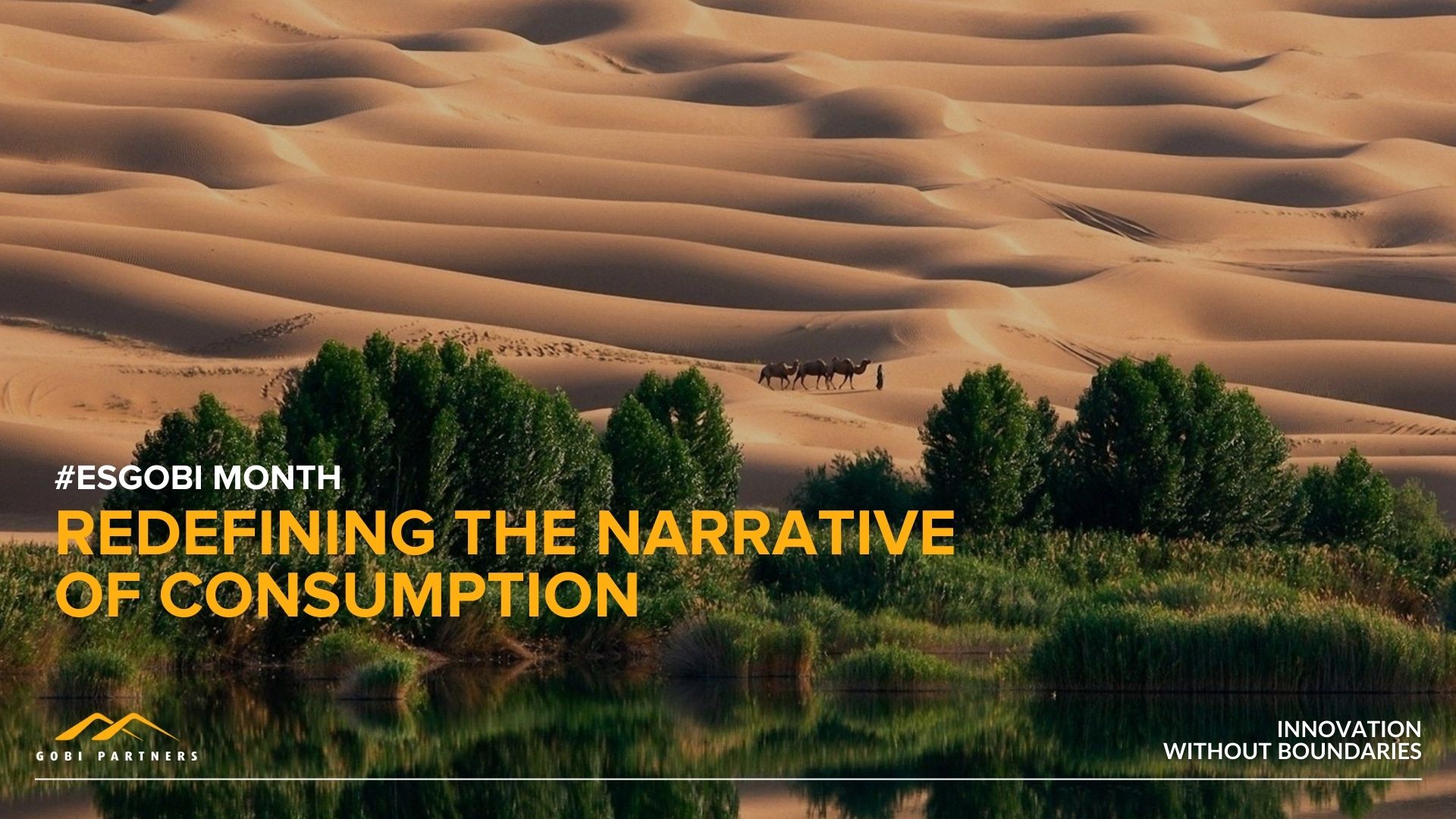
Following the release of Gobi Partners’ (Gobi) third sustainability report, which covers the firm’s Environmental, Social and Governance (ESG) principles and implementations from April 2023 to March 2024, Gobi reinforces its focus on one of its three main focuses through the promotion of Circular Economy efforts.
Boasting a projected growth potential of US$4.5 trillion by 2030, the company sees vast opportunities for sustainability-centric startups and firms operating within the circular economy to effectively maximise resource efficiency and create sustainable economies that reduce negative societal and environmental impact.
The firm aligns with the ASEAN Community Vision 2025, striving to create vibrant, sustainable, and highly integrated economies alongside the estimated creation of 1.5 million jobs in Asia. Gobi continues its commitment in this segment with the clear aim of directly addressing the growing need for more ethical and conscious consumerism.
To date, almost 60 of Gobi’s portfolio companies operate within the circular economy framework. These companies uphold the 12th goal of the United Nations’ Sustainable Development Goals which focuses on ensuring sustainable consumption and production patterns.
Below are some of Gobi’s most notable Circular Economy companies:

Chazence
Founded in 2017 by Co-founders Calvin Sio, Bob Lei, Fever Chu and Jay Chan, China-based Chazence is a sustainable engineering company that repurposes and converts tea waste into washable, biodegradable plastic alternatives for everyday items. This is done through a three-armed production process: PrZence manufactures composite materials for furniture and wall panels; FmZence converts tea fibres into paper and packaging; and EnZence forms tableware that retains the natural fragrance and colour of tea leaves. Through strategic collaborations with larger organisations, Chazence raises awareness and promotes circular economy efforts, establishing itself as a creative driver of the economy’s longevity and consumer adoption.
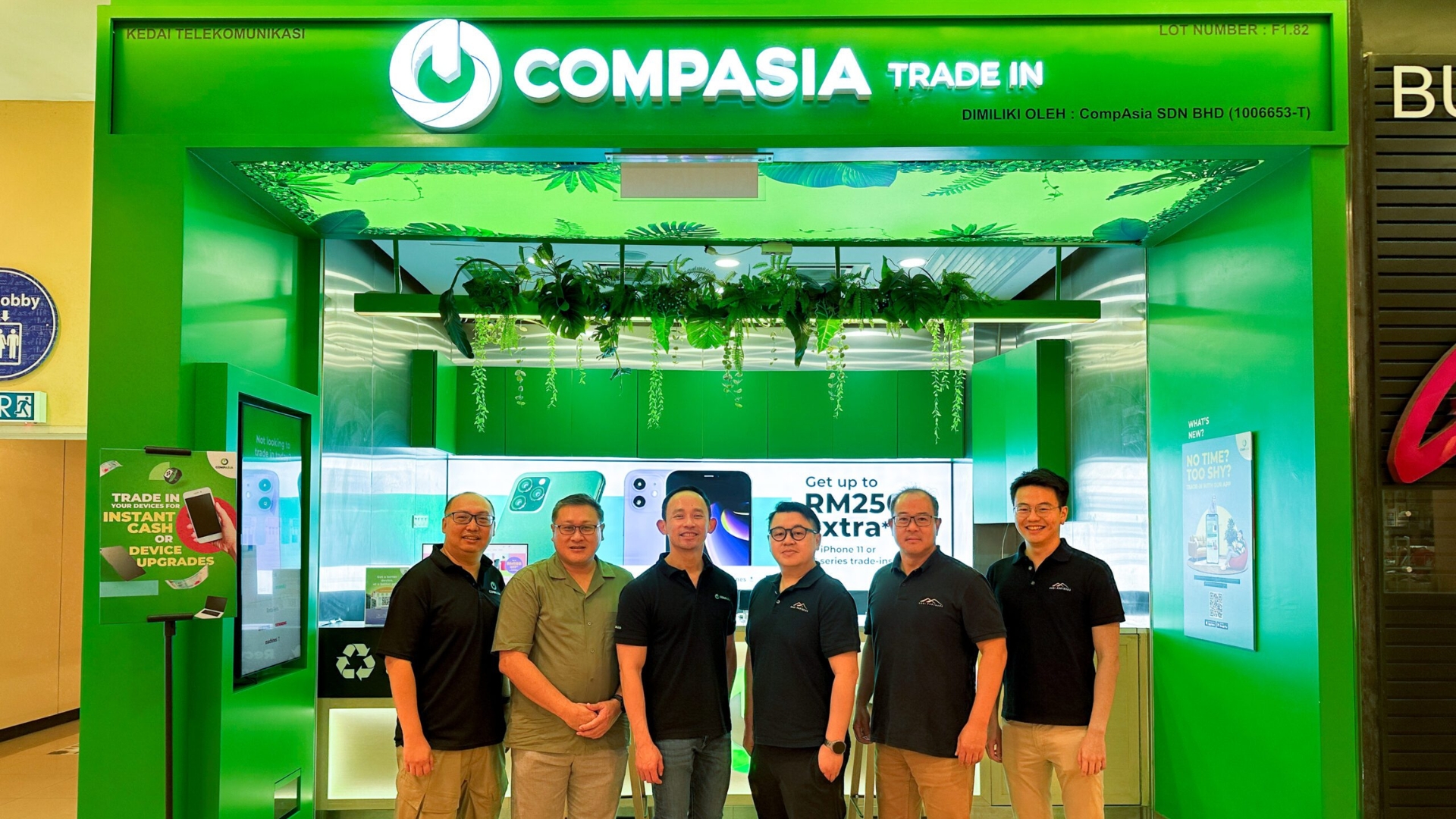
CompAsia
As a one-stop digital platform allowing customers to trade in or purchase secondhand electronic devices, CompAsia was established by Founder and Chief Executive Officer (CEO) Julius Lim in 2016 to reduce e-waste by diverting usable devices back into circularity. The company’s digitally-integrated recommerce platform has since managed to tackle the improper and irresponsible discarding of excessive electronic waste that often crowded landfills, while simultaneously alleviating customer concerns surrounding transactional transparency with financing plans. With over 2.1 million secondhand mobile device transactions and reducing an estimated 420 tonnes of e-waste from being poured into landfills, the company expanded its reach to become a regional presence through providing technology and telco solutions, on top of its core business.
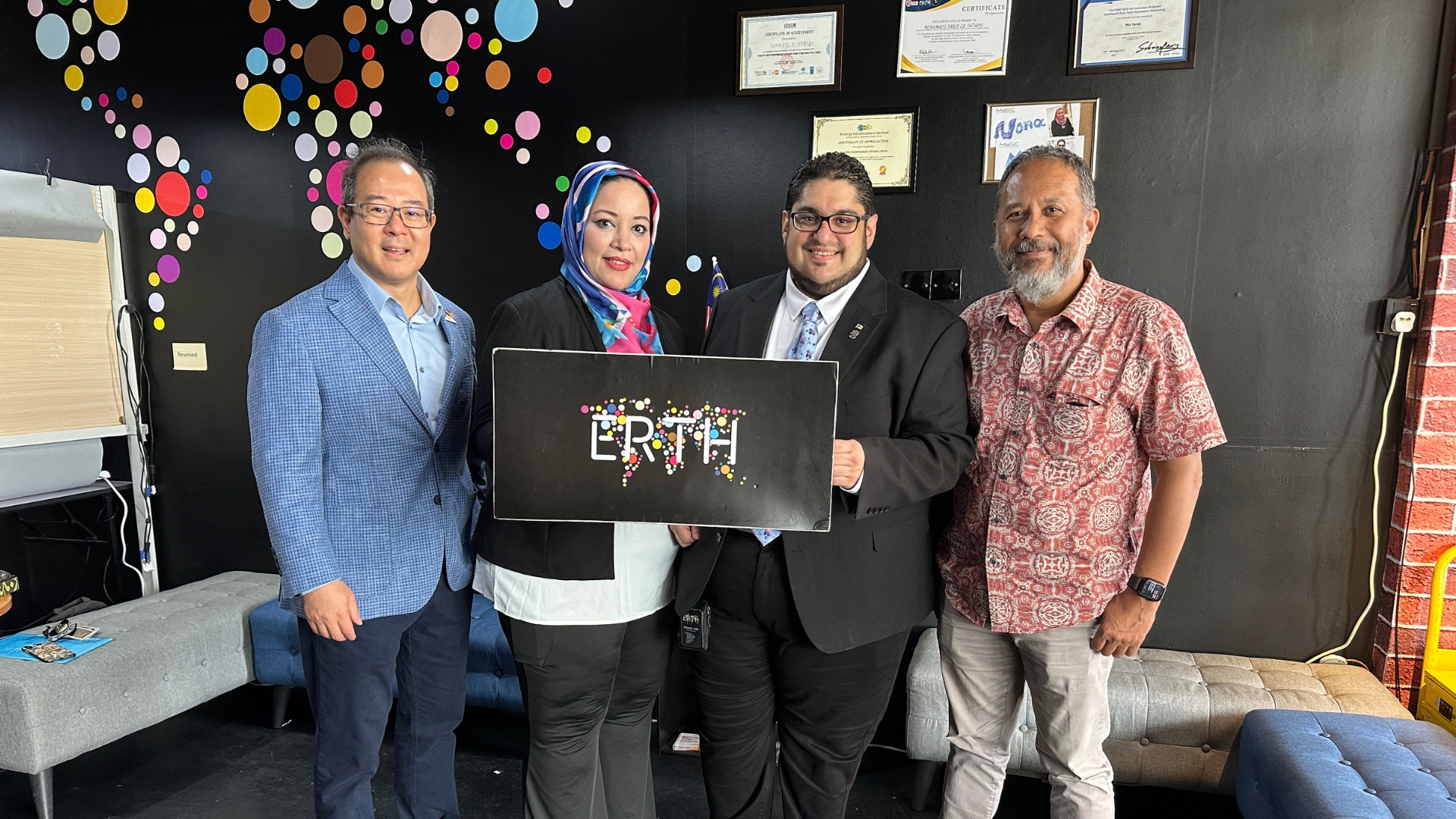
Electronic Recycling Through Heroes (ERTH)
Started in 2019 by Mohamad “Mo” Tarek El-Fatatry and Nahed Eletribi, ERTH is an on-demand electronic waste recycling service that focuses on the proper recycling of e-waste. Its creative business model is unique, offering over 1,000 gig workers – affectionately dubbed “Heroes” – economic opportunities as well as subsequent rewards and incentives, as the firm engages them to collect e-waste from the public and maintain designated dropoff areas to better foster community-driven environmental impact. Within the five years since its inception, ERTH has managed to divert over one million kilogrammes of e-waste from landfills, earning them much-deserved recognition from the Malaysian Department of Environment, being named the country’s largest authorised e-waste collector.
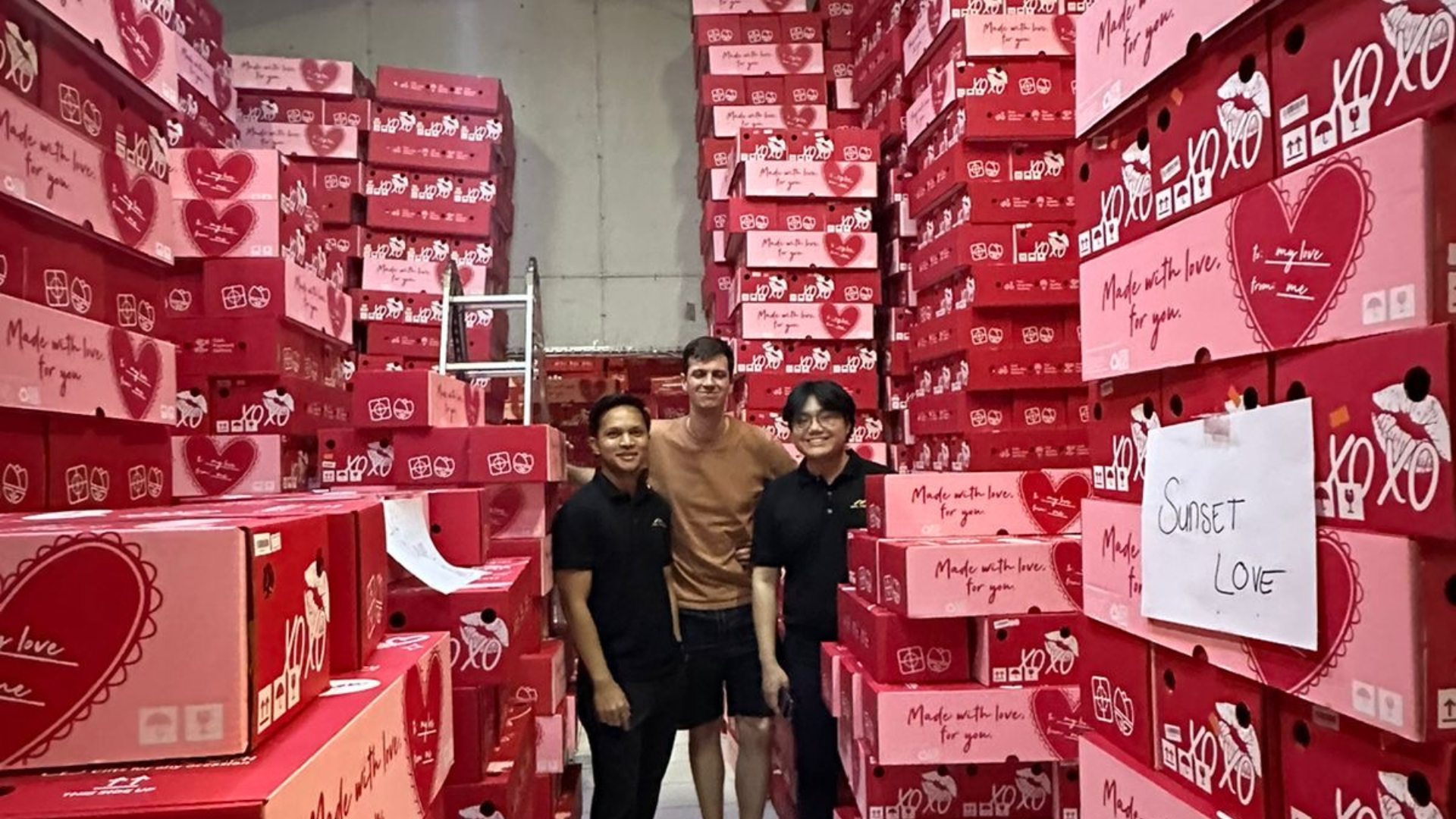
FlowerStore.ph
Founded by Saul Molla, FlowerStore.ph commits to sustainability and environmental care. The company partners with local flower growers who practise organic and pesticide-free cultivation, reducing the environmental impact of traditional flower farming and supporting regional economies. The company enhances local communities by promoting these growers’ products to a broader audience. Through initiatives like local sourcing, the use of eco-friendly packaging materials, and supply chain optimisation, FlowerStore.ph significantly lowers its carbon footprint and addresses plastic pollution and resource depletion.
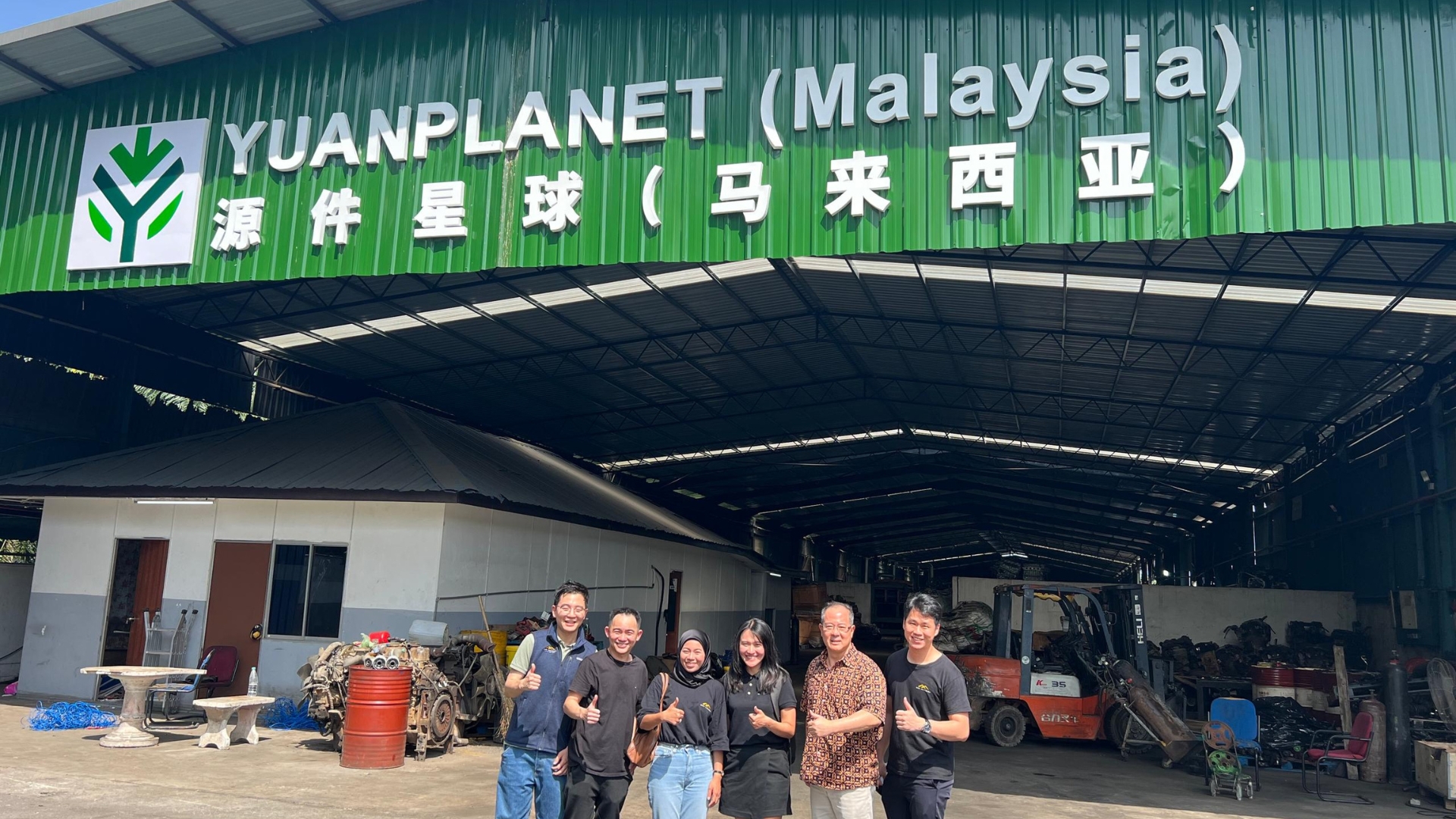
Yuan Planet
Established in 2019 in China by Yang Li and Jingxin Rong, Yuan Planet is a comprehensive digital automobile parts marketplace that recycles and redistributes essential automotive parts to repair businesses. This process repurposes and processes dismantled components of old car bodies, reducing energy consumption, emissions, and cost production compared to creating new parts. Facilitated through a digitally enabled cloud-based management system, the firm sifts through discarded vehicles to house and boost parts sales, while collaborating with more than 800 dismantling factories and operating three self-run dismantling facilities to responsibly disassemble respective components. The firm also works on accommodating parts of increasingly electric vehicles while exploring new energy solutions.
To gain more insights, download the report (HERE)
